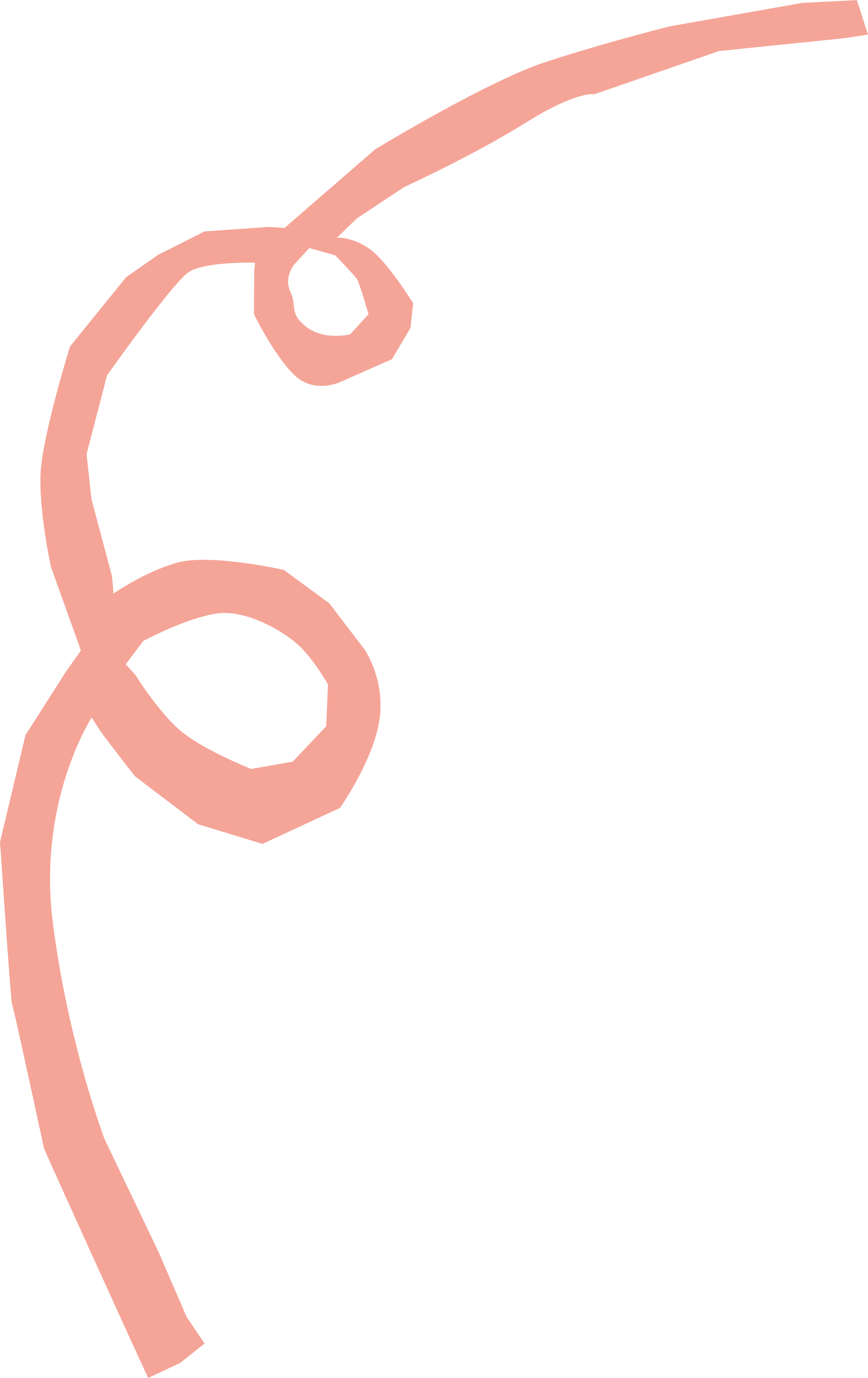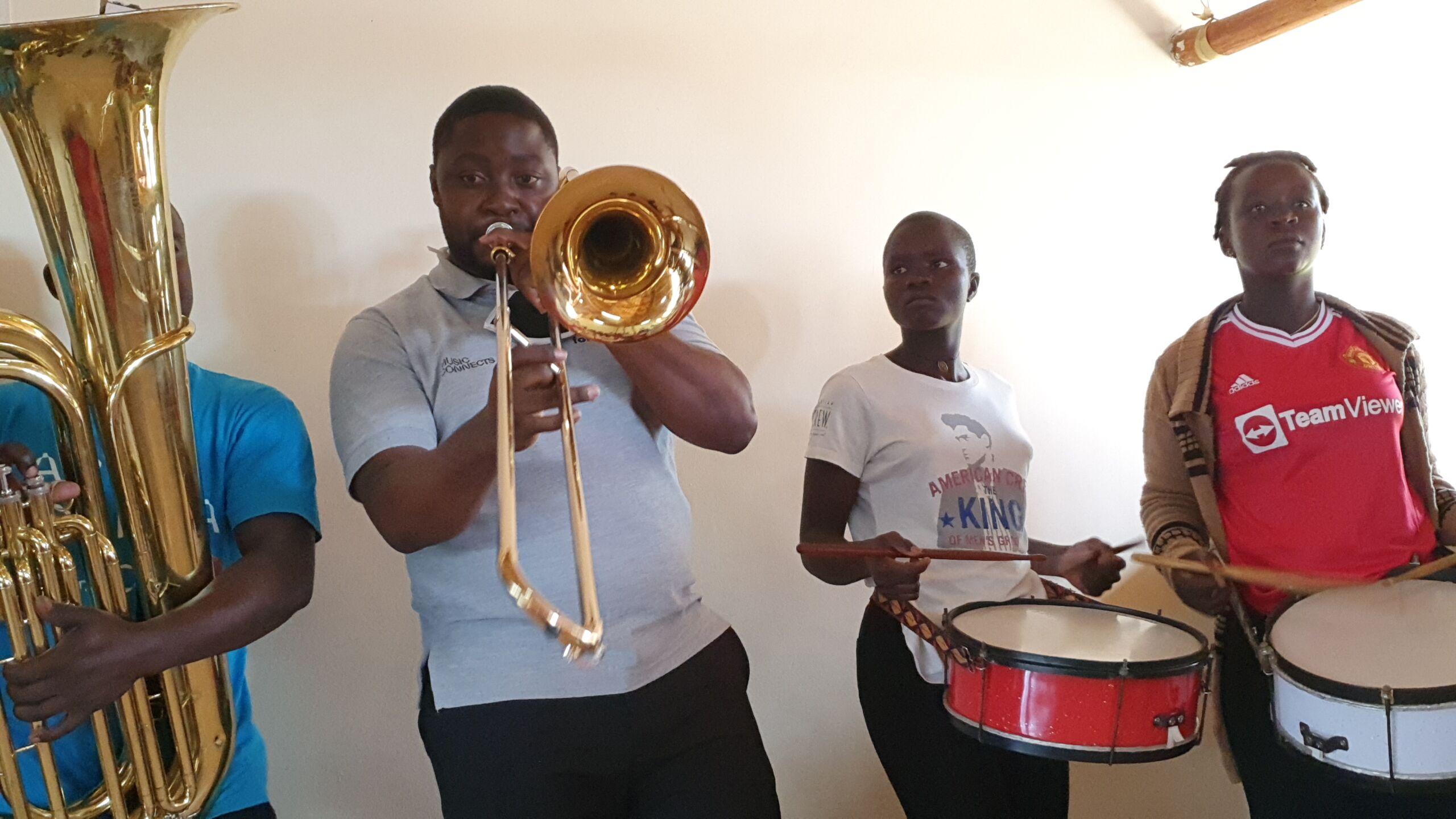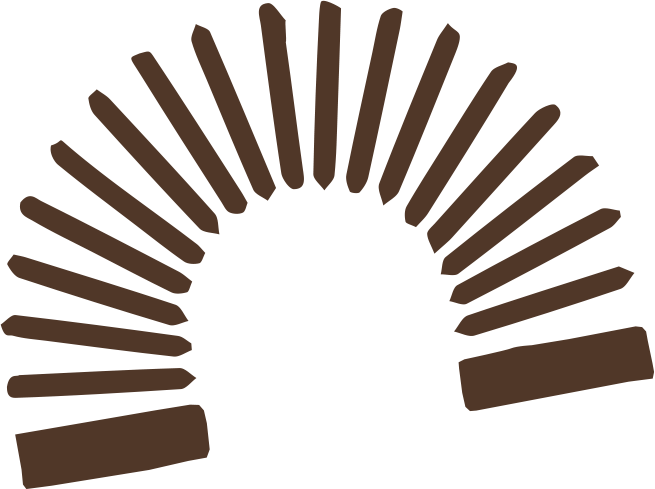
LAB UGANDA and Community Music Programme, in partnership with MUSIC CONNECTS.
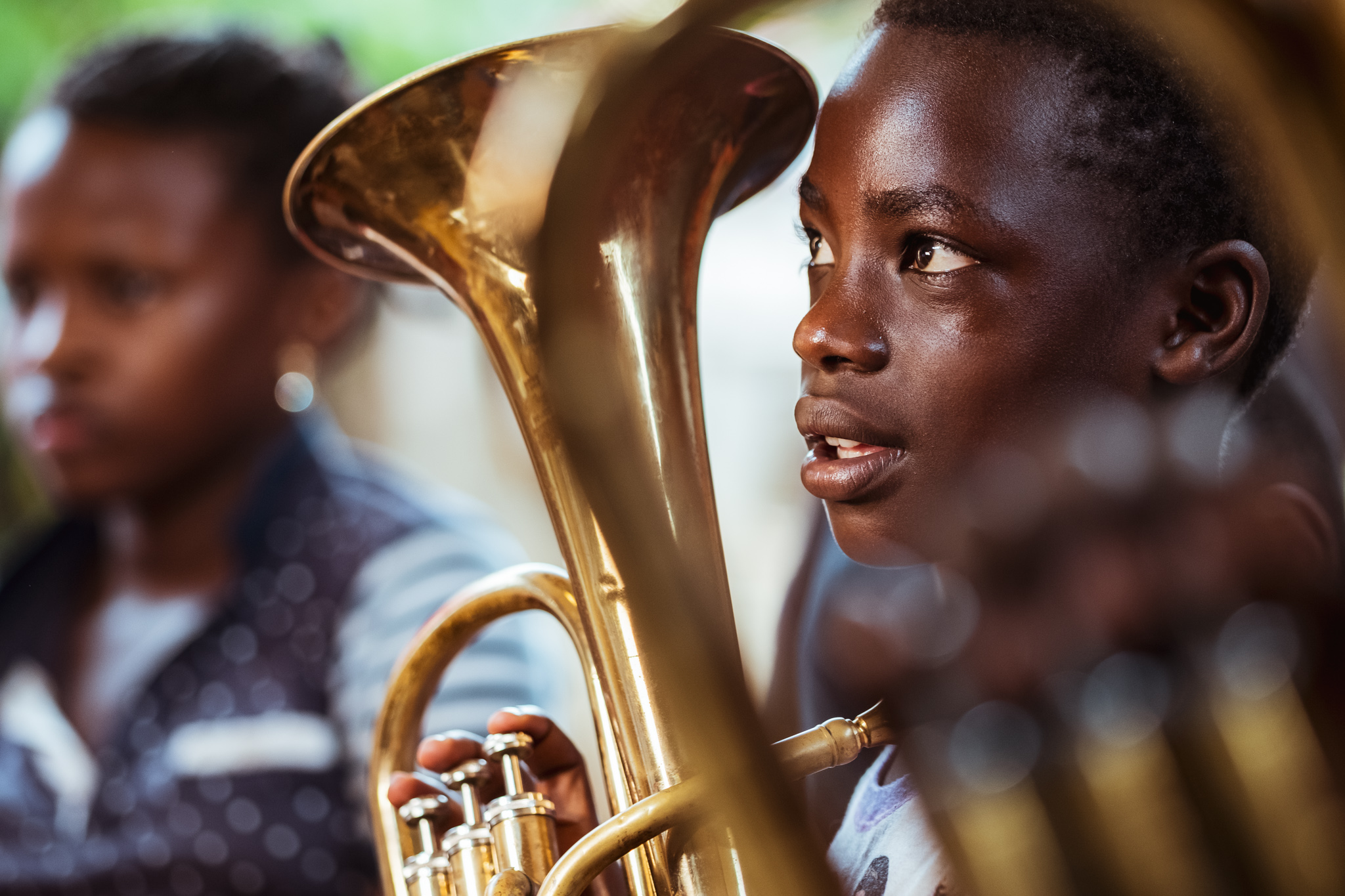
Photo credits: Geoffroy Schied/MUSIC CONNECTS


ABOUT
Recently, our first-ever stakeholder meeting in BidiBidi Refugee Settlement took place. In October 2021 we launched our LAB UGANDA Community Music Project within the settlement, in partnership with the German non-profit organisation MUSIC Connects. To uphold our pillar of community empowerment we also set up an outreach programme for the host community of Yumbe, so that the local children and youth can participate; this outreach programme is called Yumbe Community Outreach (YCO). LAB UGANDA is a truck fully equipped with a recording studio and a fold-down stage. Every week 36 Music Education and Life-Skills Training sessions are delivered with the LAB by six Brass for Africa Music and Life-Skills Teachers to each Zone within BidiBidi Refugee Settlement (1-5), with an overall reach of 107 girls and 300 boys. The truck was manufactured through the financial support of the German government, and the rolling out of the programme is being supported by the UNHCR.
Some of the partners present at the meeting included: UNHCR, the Office of the Prime Minister (OPM), the International Rescue Committee (IRC – the UN’s partner responsible for protection within the settlement), and the District Community Development Officer. We also involved FCA (Finn Church Aid) because they manage the education sector within the settlement.
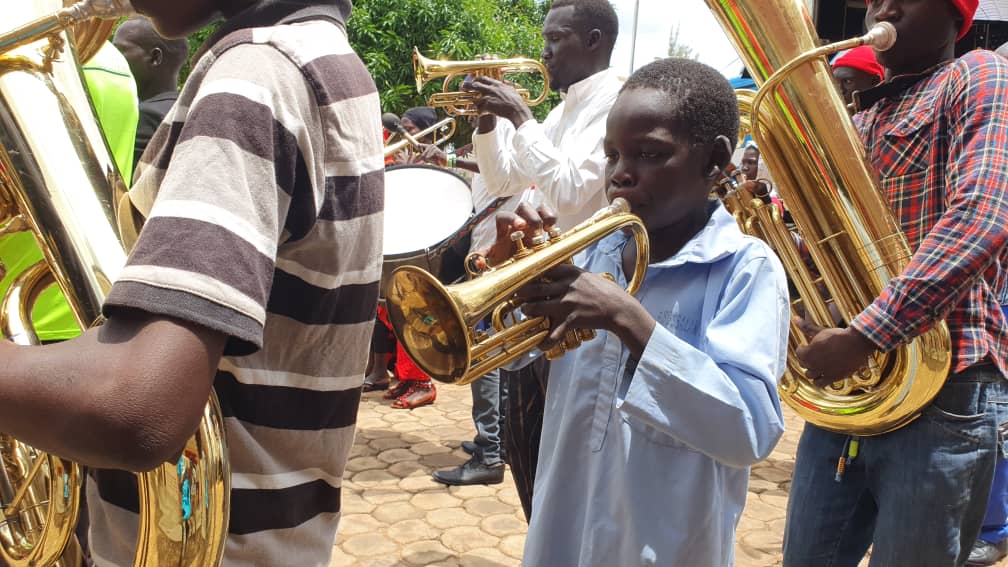
DAY’S ACTIVITIES
On the day, our Country Director who attended the meeting spoke about Brass for Africa, MUSIC Connects, and the work of our partnership. Kabuye Ronald, Brass for Africa’s Project Manager for LUCM explained the reasons behind the project, primarily being:
– To empower and uplift the refugee community.
– To harness and expose the creative talent within the settlement.
The guests were given a tour of the LAB and its components from Ninsima Alex, our LAB Technician. Throughout the day only music from the project was played which included pieces that had been recorded in the studio and brass music which the beneficiaries had been learning over the past few months.

OVERCOMING CHALLENGES
The success of the day can be measured against the challenges which the project initially faced. Firstly, it is important to consider that operationally we fall under several jurisdictions: the OPM (conducts overall oversight and permission within the settlement), UNHCR (NGO sector overseeing), and IRC (UN’s partner protection). In this way, it can sometimes be challenging for programmes such as ours to be easily carried out in terms of agreements and policies. The feedback from the partners strongly demonstrated how they now acknowledge that the programme is helping to orchestrate a peaceful co-existence within the settlement.
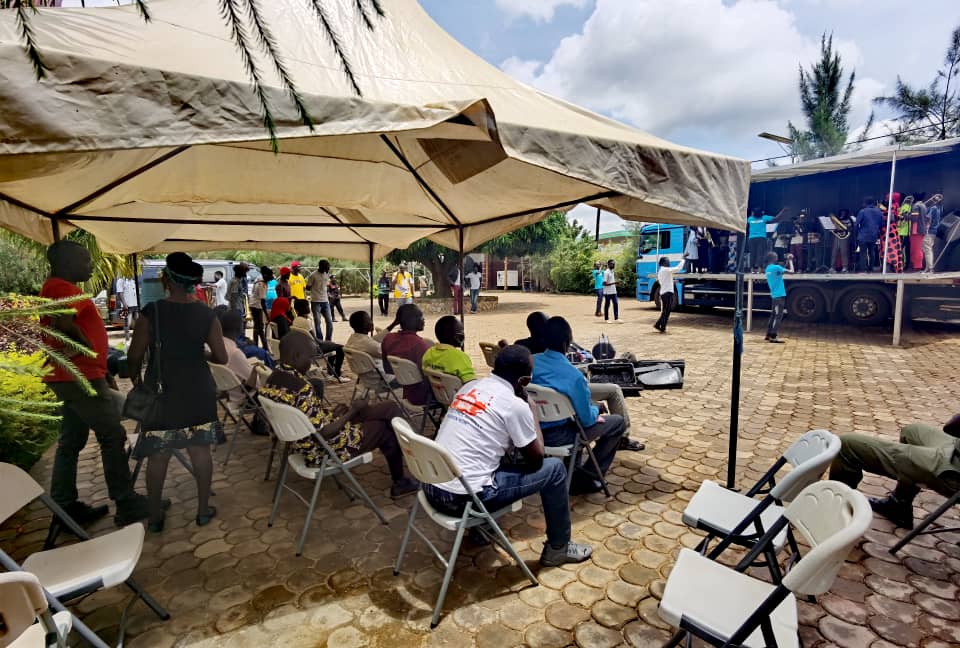
For example, a Local Chairman made the point that there had previously been a time when the communities only properly gathered at food collection meetings. The events and meetings convened by Brass for Africa are now the biggest the settlement has had in a long time; this reflects how the project is a vehicle for engaging and reaching a wide audience of people.
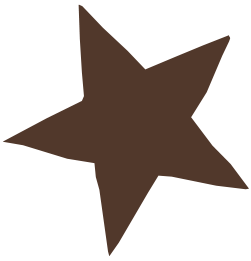
The other challenge we had initially faced was regarding schools. Due to COVID-19, schools had been closed in Uganda for nearly two years, so there were concerns that the project would purely be entertainment and distract the children from their school studies. However, the Head of the Education Sector publicly praised the project and spoke on the day. After seeing the tangible results and impact of only six months, he clearly noted that the project is having the opposite effect of what had been expected. It is proving as a way of engaging the students at school and ensuring a high attendance rate. In fact, we have now been offered to pilot projects in two or three schools within the settlement.
We plan on holding an impact and evaluation meeting in October to review the progress of the program’s first year.
